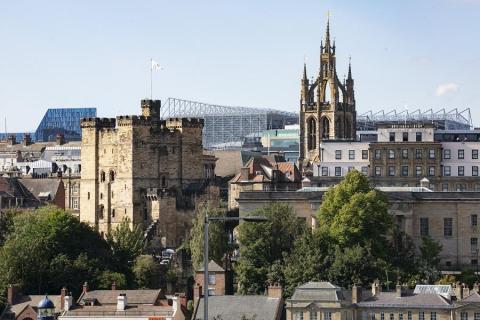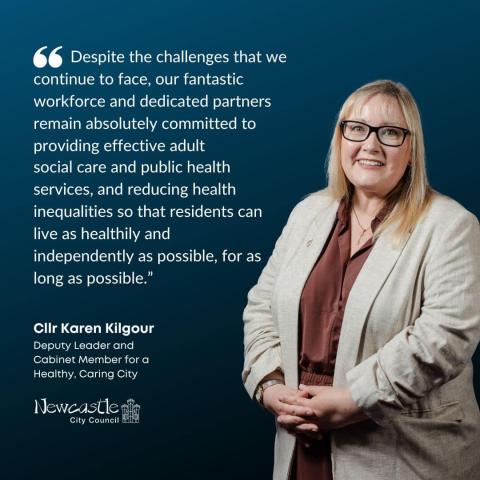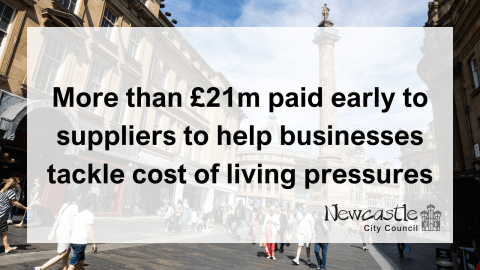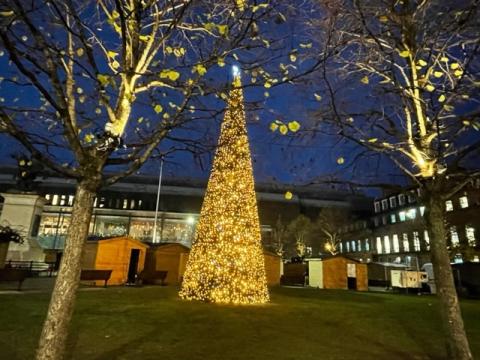21 July 2020
| | 4 min readVision for post-Covid Newcastle taking shape
Newcastle has set out its approach as an ambitious, well connected and confident city – with the public and private sector working alongside communities to help it deal with the social and economic impacts of coronavirus.
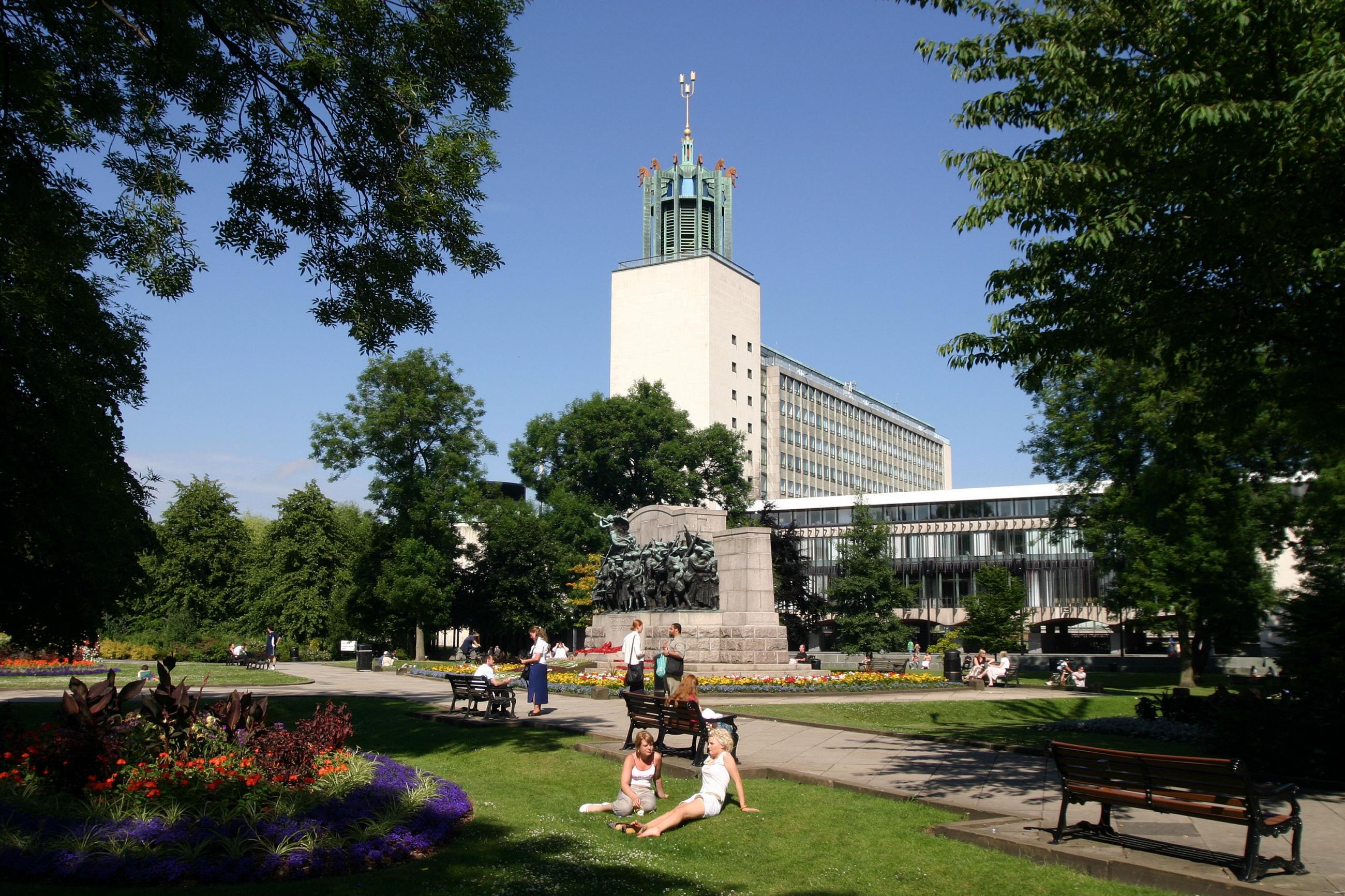
A report to the City Futures Board on Wednesday (July 22) outlines the first steps toward a shared long-term vision once the immediate measures to support Newcastle through the easing of lockdown are complete.
It seeks to build on the spirit of togetherness which has seen communities support each other through the crisis and the strong partnerships which exist with businesses and organisations to deliver a plan created by and for those who live, work and do business in Newcastle.
The report also highlights the importance of working collaboratively with neighbouring authorities, the North of Tyne Combined Authority and the North East Combined Authority and government on a region wide approach to economic recovery.
Newcastle City Council’s leader Cllr Nick Forbes, who chairs the City Futures Board said:
“There is an exciting long-term opportunity to do things differently as a unique, distinctive city but the council cannot do this alone.
“We need a diverse range of voices to help shape our city. Through the City Futures Board there is a real consensus from our business partners, those in health, universities and public transport to be ambitious, underpinned by fairness and pride.
“Throughout the pandemic I have been struck by the brilliant work of the Voluntary Sector and communities across the city. We must also make sure their voices are heard in developing our plans to build public confidence and work with all our partners to tackle the inequalities which exist within our boundaries. We need to make sure every no-one is left behind.”
The report warns there will be no straightforward route to recovery as the virus and the measures taken to deal with it will be here for some time to come.
But it highlights how the crisis has given the city a glimpse of a more environmentally friendly future with less traffic, less pollution, lower carbon emissions and more active travel such as walking and cycling.
It acknowledges the national scale the Treasury’s intervention has protected businesses from the worst of the economic lockdown. Furloughing and the grants have helped defend the city’s economy, but it warns Newcastle face significant challenges as the city unlocks and the furlough scheme ends.
One of the biggest challenges will be to support the jobs market, working with partners across all economic sectors on jobs retention and creation, developing the right skills and keeping up the impetus on inward investment – attracting new businesses to the city.
The number of Newcastle residents claiming benefits (predominantly Universal Credit) increased by over 50% from 9330 to 14110 between March and April. As the furlough scheme ends this number is likely to increase. It is estimated Newcastle may go from circa 6000 unemployed pre-Covid to perhaps 18,000-20,000 unemployed.
The council has delivered more than £100m in government grants and loans to mitigate the impact on businesses and with partners has lobbied government for additional and different support for the city’s economy and businesses, presenting propositions to Ministers and senior civil servants across a range of operational and policy areas, including city centre restart, skills and employment, culture and local transport.
A number of temporary measures are being introduced across the city to create more space for walking and cycling as well as pavement cafes and bars to support the hospitality industry. Many of the measures in the city centre and neighbourhoods could become permanent if they prove successful.
And a detailed Covid control plan is in place to minimise the risk of outbreaks and to deal with any localised flare ups – with the focus on encourage anyone to get tested as soon as they display symptoms.
The report says: “In Newcastle we have the great fortune to live in a distinctive city – we have our issues and it is not perfect - but those of us that live and work here are proud to do so. Some elements of this distinctiveness include:
- Friendly, warm and hardworking people
- Our connectivity – with a large residential commuter belt within 30 mins cycle/walk/public transport.
- Our proximity to coast and country
- Our city acts as the hub for a very beautiful and diverse region – with our cultural offer, healthcare and life science centre, airport, universities, business services - financial and legal centre- tech and digital hub
- The topography of City – the bridges, river and Quayside
- The architecture of City – Grainger Town/ Grey St but also newer memorable landmarks
- The centrality of services and our innovative nature – premiership football stadium, two red brick universities, innovation assets (Helix, PROTO), train station, RVI – all in centre of city, not in suburbs or campuses
Sarah Green, chief executive of NGI, said: “Newcastle is a distinct hub city – as much a city for Northumberland and wider Tyneside surrounded by beautiful coast and countryside. Add in the spirit of its people and we have all the ingredients needed to attract inward investment, tourism, international events.
“Businesses and the wider private sector are proud to be part of the city and determined to do what they can to help make what is already a great city an even better place to live, visit, work and do business.”
Cllr Forbes added: “I am very encouraged not just by the conversations but by the willingness of the private sector to work alongside us. Our vision is taking shape – we are determined to make sure we have a shared vision, with input from all, to create a compelling case for an inclusive, low carbon, active and healthy future for our great city that government and the private sector can help us deliver.”
If you would like to give us feedback on our website, please complete this short online form.


